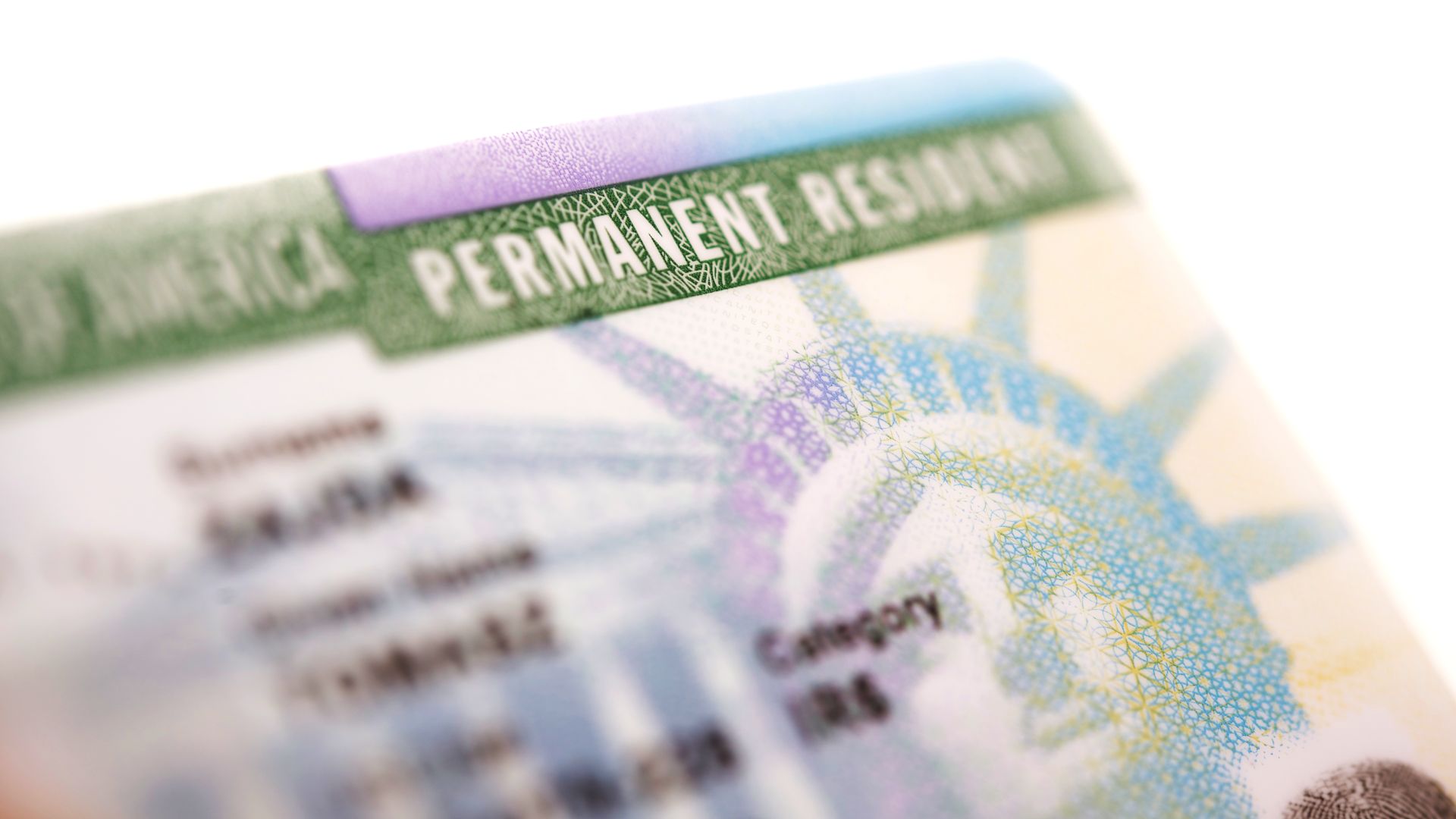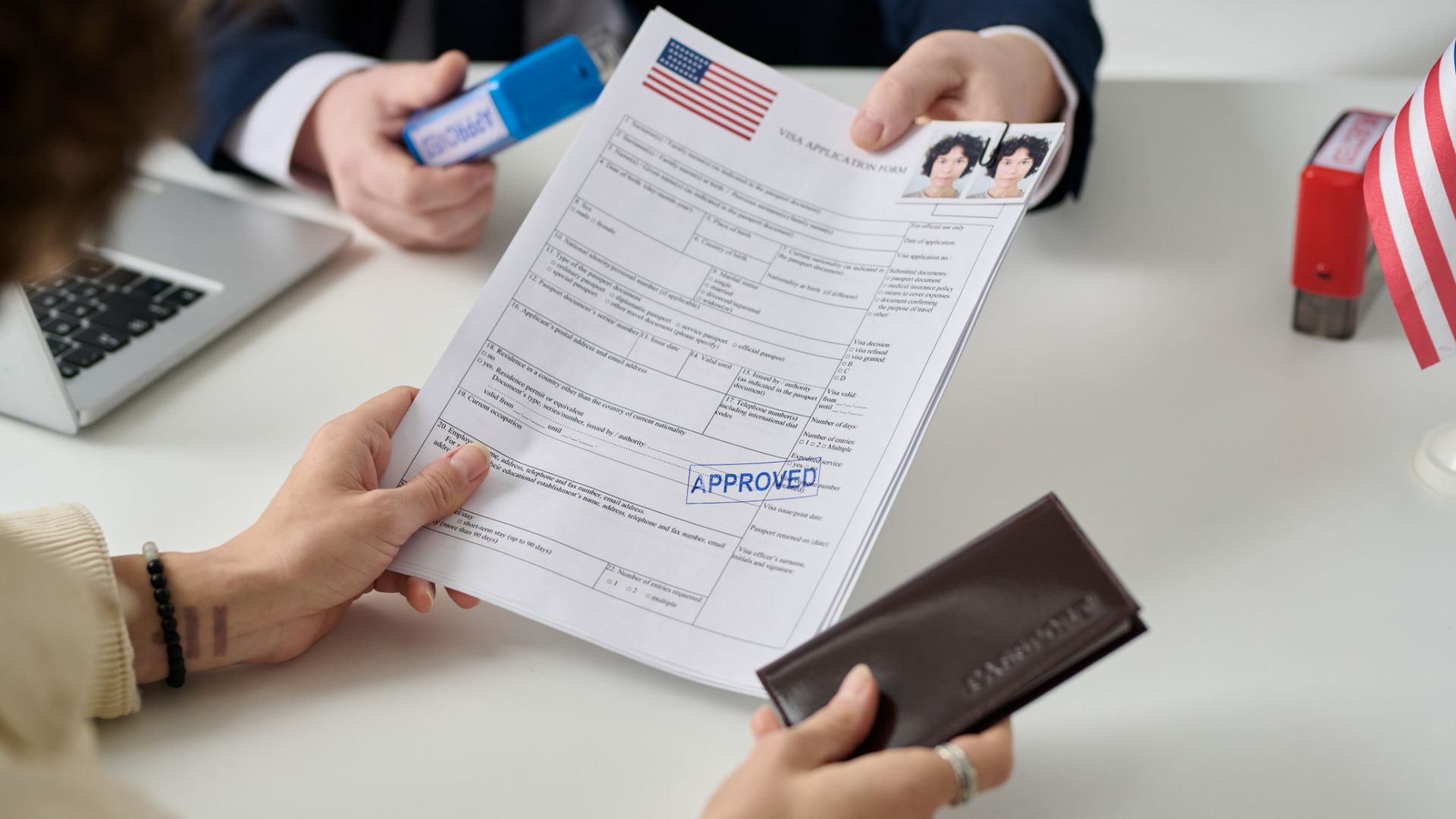Securing employment in the United States as a foreign national often requires a visa sponsorship from an employer. This process can be complex, involving multiple steps and a thorough understanding of U.S. immigration laws. This blog provides a detailed overview of visa sponsorship for employment in the United States, including the types of visas available, the requirements, and the application process.
What is Visa Sponsorship?
Visa sponsorship is a process where a U.S. employer agrees to sponsor a foreign national for a work visa, allowing them to legally work in the United States. This sponsorship is essential for foreign nationals who do not already have the right to work in the U.S. under another visa category.
The sponsoring employer is responsible for filing the necessary paperwork with U.S. Citizenship and Immigration Services (USCIS) and, in some cases, the U.S. Department of Labor (DOL). They must also demonstrate that they are offering a legitimate job position and that they are paying the prevailing wage for that position.
Types of Work Visas in the United States
There are several types of work visas that foreign nationals can apply for, depending on their qualifications and the nature of their employment. The most common categories include:
- H-1B Visa (Specialty Occupations):
- Eligibility: This visa is for individuals with a bachelor’s degree or higher in a specialty field such as IT, engineering, medicine, or law.
- Duration: Initially granted for three years, with the possibility of extension up to six years.
- Cap: Subject to an annual cap of 65,000 visas, with an additional 20,000 visas available for those with a U.S. master’s degree or higher.
- L-1 Visa (Intracompany Transfers):
- Eligibility: For employees of international companies who are being transferred to a U.S. branch, parent, subsidiary, or affiliate.
- Types: L-1A for executives and managers, L-1B for employees with specialized knowledge.
- Duration: L-1A is valid for up to seven years, while L-1B is valid for up to five years.
- E-2 Visa (Treaty Investors):
- Eligibility: For nationals of countries with which the U.S. maintains a treaty of commerce and navigation, who invest a substantial amount of capital in a U.S. business.
- Duration: Initially granted for up to two years, with unlimited extensions as long as the investment is maintained.
- O-1 Visa (Individuals with Extraordinary Ability):
- Eligibility: For individuals who possess extraordinary ability in fields such as arts, sciences, education, business, or athletics.
- Duration: Initially granted for up to three years, with extensions available.
- TN Visa (NAFTA/USMCA Professionals):
- Eligibility: Available to Canadian and Mexican citizens under the United States-Mexico-Canada Agreement (USMCA), formerly known as NAFTA, for certain professional occupations.
- Duration: Granted in three-year increments, with the possibility of renewal.
The Visa Sponsorship Process
The process of obtaining visa sponsorship involves several steps:
- Job Offer: The first step is for the foreign national to secure a job offer from a U.S. employer willing to sponsor them. The job must typically require a specific set of skills or qualifications.
- Labor Certification (if required): For certain visa categories, such as the H-1B, the employer may need to obtain a labor certification from the U.S. Department of Labor. This certification ensures that hiring the foreign worker will not negatively impact the wages and employment conditions of U.S. workers.
- Petition Filing: The sponsoring employer must file a petition with USCIS on behalf of the foreign national. This petition includes evidence of the job offer, the foreign national’s qualifications, and any required labor certifications.
- Visa Application: Once the petition is approved, the foreign national can apply for a visa at a U.S. embassy or consulate in their home country. This step may involve an interview and additional background checks.
- Visa Issuance: If the application is approved, the foreign national will be issued a visa, allowing them to enter the United States and begin employment.
Challenges and Considerations
Visa sponsorship is a complex process with several potential challenges:
- Cap Limitations: Certain visas, like the H-1B, are subject to annual caps, making them highly competitive.
- Prevailing Wage Requirements: Employers must pay the prevailing wage for the job position, which can sometimes be higher than the actual wage they intended to offer.
- Processing Delays: The visa sponsorship process can be lengthy, with processing times varying depending on the visa type and the workload of USCIS and other involved agencies.
- Legal Compliance: Employers must comply with all immigration laws and regulations to avoid penalties and ensure the successful sponsorship of their employees.
How Our Law Firm Can Help
Navigating the visa sponsorship process can be daunting for both employers and foreign nationals. Our experienced immigration attorneys are here to help you every step of the way. Whether you need assistance with obtaining labor certifications, filing petitions, or ensuring compliance with U.S. immigration laws, we provide personalized legal guidance tailored to your unique situation.
Contact us today to schedule a consultation and learn how we can help you successfully navigate the complexities of visa sponsorship and achieve your employment goals in the United States.








